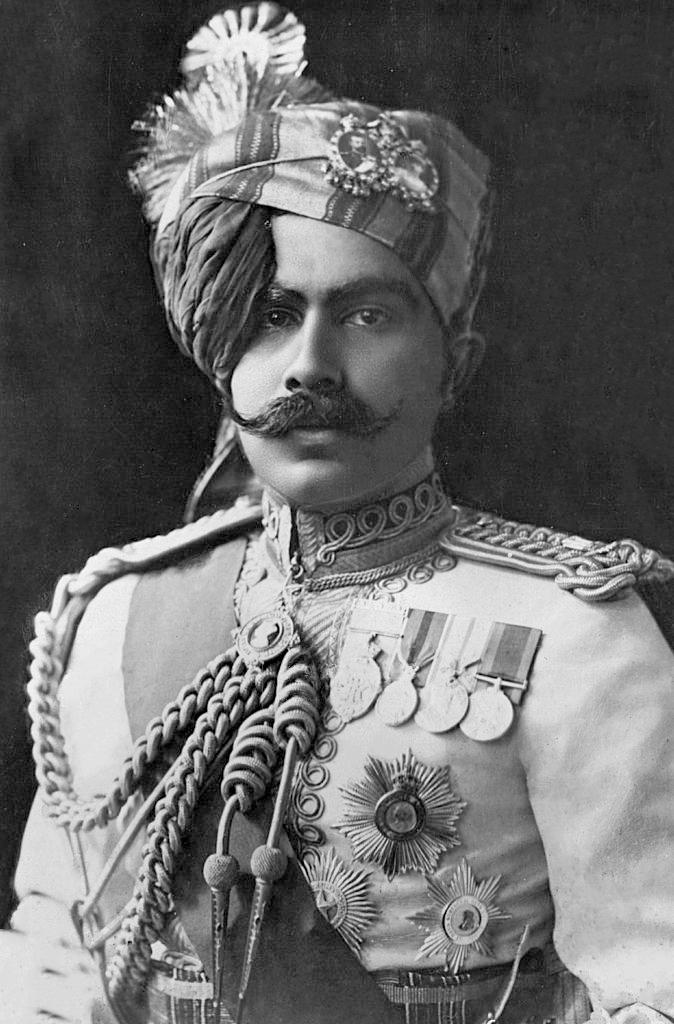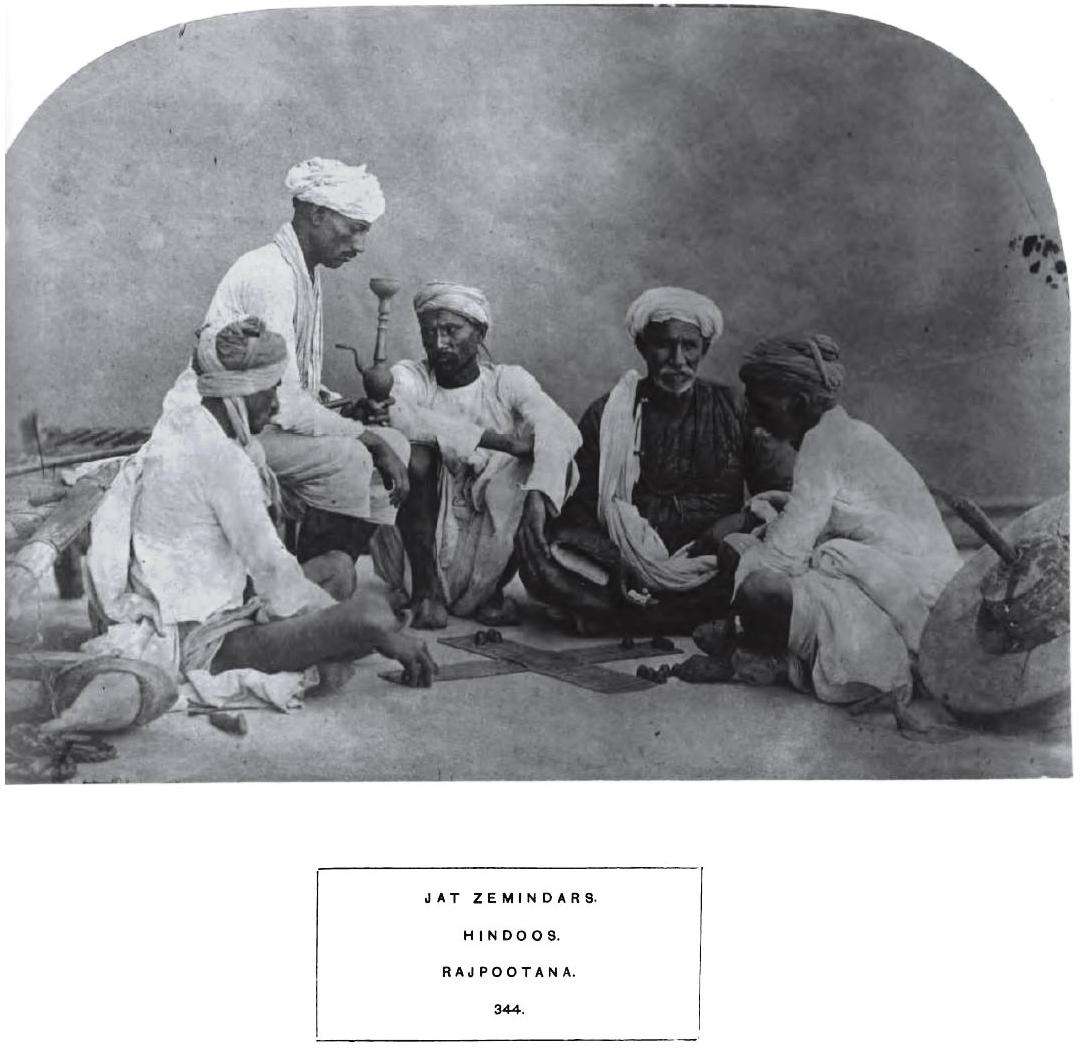|
Raja Maldeo
Raja Maldeo was a 15th century Chahar Jat ruler, who ruled the town of Sidhmukh State in Jangladesh (Bikaner). See also *List of Jats *Jangladesh Jangladesh, also known as Janglu, was a historical region in north, north-western and north-eastern Rajasthan state in northern India. It included the present-day districts of Bikaner, Churu, Ganganagar, and Hanumangarh. It was bounded on the ... References {{Reflist Ancient Rulers Maharajas of Rajasthan 15th-century monarchs in Asia ... [...More Info...] [...Related Items...] OR: [Wikipedia] [Google] [Baidu] |
Jangladesh
Jangladesh, also known as Janglu, was a historical region in north, north-western and north-eastern Rajasthan state in northern India. It included the present-day districts of Bikaner, Churu, Ganganagar, and Hanumangarh. It was bounded on the south by Marwar and Jaisalmer regions, on the east by Ajmer-Merwara region. History The north-eastern and north-western Rajasthan, known by the name Jangladesh in ancient times, was inhabited by Jat clans ruled by their own chiefs and largely governed by their own customary law. Most of Jat clans in Rajasthan had to accept Rathore suzerainty due to Rao Bika's invasion of Jangladesh. Bika led an army of 300 Rajput warriors and subjugated all of the Jat clans of northern Rajasthan. Bika also saved the Jats from the Bhati Rajputs and acted as their buffer. The Godara Jats and Charans were loyal supporters of Bika. See also *Rajasthani people Rajasthani people or Rajasthanis are a group of Indo-Aryan peoples native to Rajasthan ("the la ... [...More Info...] [...Related Items...] OR: [Wikipedia] [Google] [Baidu] |
Bikaner
Bikaner () is a city in the northwest of the state of Rajasthan, India. It is located northwest of the state capital, Jaipur. Bikaner city is the administrative headquarters of Bikaner District and Bikaner division. Formerly the capital of the princely state of Bikaner, the city was founded by Rao Bika in 1488 CE and from its small origins it has developed into the fourth largest city in Rajasthan. The Ganges Canal, completed in 1928, and the Indira Gandhi Canal, completed in 1987, facilitated its development. History left, Bikaner coat of arms Prior to the mid 15th century, the region that is now Bikaner was a barren wilderness called Jangladesh. Rao Bika established the city of Bikaner in 1488. He was the first son of Maharaja Rao Jodha of the Rathore clan, the founder of Jodhpur and conquered the largely arid country in the north of Rajasthan. As the first son of Jodha he wanted to have his own kingdom, not inheriting Jodhpur from his father or the title of Maharaja ... [...More Info...] [...Related Items...] OR: [Wikipedia] [Google] [Baidu] |
List Of Jats
The Jat people are a community native to India and Pakistan. The following is a list of notable Jats. Religion *Baba Buddha, companion of the guru Nanak and one of the most revered saints in Sikhism * Bhai Bala, follower and companion of Guru Nanak (first Guru of Sikhism) and one of the most revered in Sikhism * Bhai Mani Singh * Bidhi Chand *Dharam Singh, Panj Pyare * Randhir Singh, founder of Akhand Kirtani Jatha Rulers, chieftains, and warriors * Akali Phula Singh, Sikh warrior and a Nihang leader *Ala Singh Jat, Maharaja of Patiala * Ali Mohammad Khan, ruler of Rohailkhand. * Baba Deep Singh, ruler of Shaheedan Misl *Badan Singh * Baghel Singh, ruler of Singh Krora Misl *Bhim Singh Rana, Maharaja of Gohad State, and Gwalior State *Bhuma Singh Dhillon, chieftain of Bhangi Misl *Bhupinder Singh of Patiala * Brijendra Singh, the last ruler of Bharatpur State and a former Member of Parliament *Charat Singh, founder of Sukerchakia Misl *Chhajja Singh Dhillon, founder an ... [...More Info...] [...Related Items...] OR: [Wikipedia] [Google] [Baidu] |
Jat Rulers
The Jat people ((), ()) are a traditionally agricultural community in Northern India and Pakistan. Originally pastoralists in the lower Indus river-valley of Sindh, Jats migrated north into the Punjab region in late medieval times, and subsequently into the Delhi Territory, northeastern Rajputana, and the western Gangetic Plain in the 17th and 18th centuries. Quote: "Hiuen Tsang gave the following account of a numerous pastoral-nomadic population in seventh-century Sin-ti (Sind): 'By the side of the river.. f Sind along the flat marshy lowlands for some thousand li, there are several hundreds of thousands very great manyfamilies ..hichgive themselves exclusively to tending cattle and from this derive their livelihood. They have no masters, and whether men or women, have neither rich nor poor.' While they were left unnamed by the Chinese pilgrim, these same people of lower Sind were called Jats' or 'Jats of the wastes' by the Arab geographers. The Jats, as 'dromedary men.' we ... [...More Info...] [...Related Items...] OR: [Wikipedia] [Google] [Baidu] |
Maharajas Of Rajasthan
Mahārāja (; also spelled Maharajah, Maharaj) is a Sanskrit title for a "great ruler", "great king" or " high king". A few ruled states informally called empires, including ruler raja Sri Gupta, founder of the ancient Indian Gupta Empire, and Chandragupta Maurya. 'Title inflation' soon led to most being rather mediocre or even petty in real power, which led to compound titles (among other efforts) being used in an attempt to distinguish some among their ranks. The female equivalent, Maharani (or Maharanee, Mahārājñī, Maharajin), denotes either the wife of a Maharaja (or Maharana etc.) or also, in states where it was customary, a woman ruling without a husband. The widow of a Maharaja is known as a Rajmata, "queen mother". Maharajakumar generally denotes a son of a Maharaja, but more specific titulatures are often used at each court, including Yuvaraja for the heir (the crown prince). The form "Maharaj" (without "-a") indicates a separation of noble and religious office ... [...More Info...] [...Related Items...] OR: [Wikipedia] [Google] [Baidu] |




